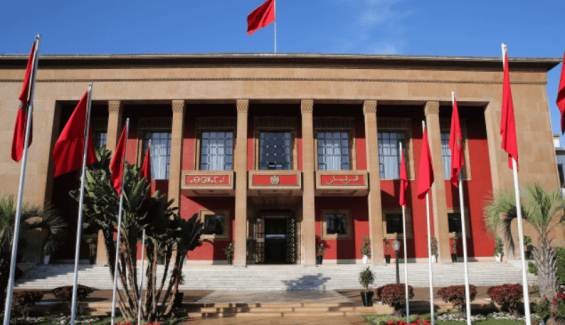Morocco climbed two spots in the recently published Democracy Index 2023 by The Economist Intelligence Unit, landing at 93rd globally out of 167 countries. The Kingdom achieved a total score of 5.04 out of 10 points, showcasing continued progress since obtaining 3.9 points in 2006.
The report highlights Morocco's steady improvement: 4.07 points in 2012, 4.77 in 2016, 4.9 in 2018, 5.10 in 2019, followed by slight declines in 2020, 2021, 2022, and 2023.
Measured on five key indicators, the index assesses the state of democracy in 167 countries with ratings ranging from 0 (least democratic) to 10 (most democratic).
Morocco scored 5.25 on electoral process and pluralism, 4.64 on government functioning, 5.56 on political participation, 5.63 on political culture, and 4.12 on civil liberties.
Among Arab nations, Morocco, Tunisia, and Mauritania landed in the «hybrid regimes» category, while others remained classified as «authoritarian regimes».
The index categorizes countries into four groups: full democracies, flawed democracies, hybrid regimes, and authoritarian regimes.
Morocco ranked second in the Arab world behind Tunisia (82nd globally) and ahead of Mauritania (108th). Algeria trailed at 110th, followed by Qatar (111th), Lebanon (112th), Kuwait (114th), and Palestine (115th).
Globally, Norway secured the top spot, followed by New Zealand and Iceland, then Sweden, Finland, and Denmark. Afghanistan held the bottom position, preceded by Myanmar, North Korea, Central African Republic, Syria, and Turkmenistan.
Middle East and North Africa lag in democracy
The report emphasizes the Middle East and North Africa region's continued status as the lowest-ranked globally for democracy in 2023. «The region remains an outlier (alongside Eastern Europe) in having no ‘full democracies’ among its constituent states: only one, Israel, is classed as a ‘flawed democracy’».
«With the exception of Tunisia and Morocco, classified as ‘hybrid regimes’, the rest of the region’s 20 countries are ranked as ‘authoritarian’ regimes», the report continues. «This year, owing to Sudan’s precipitous fall down the rankings following the outbreak of civil war, a total of six countries— more than a quarter of the countries in the region—now rank among the bottom 20 in our global rankings».
Further solidifying the region's low ranking, the overall score for the Middle East and North Africa fell by 0.11 points to 3.23, reflecting declines in all five categories. The most significant decrease was in political participation, dropping 0.22 points and highlighting «growing apathy».




 chargement...
chargement...











